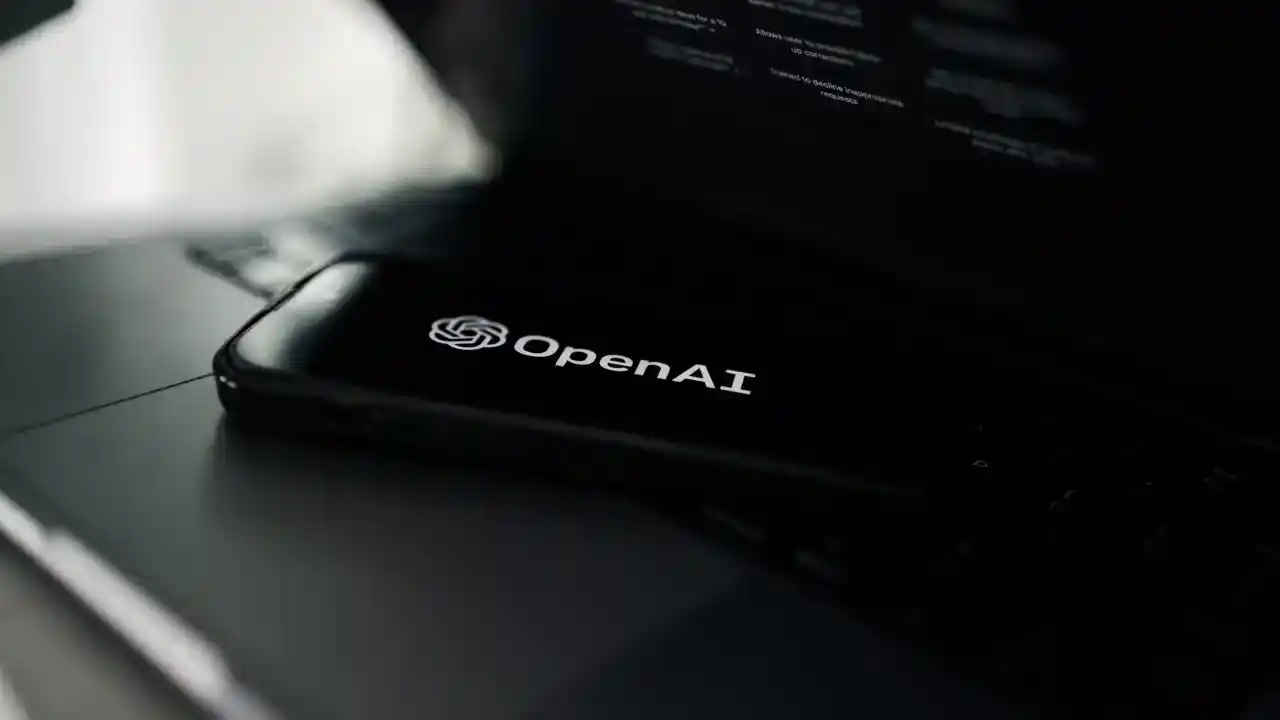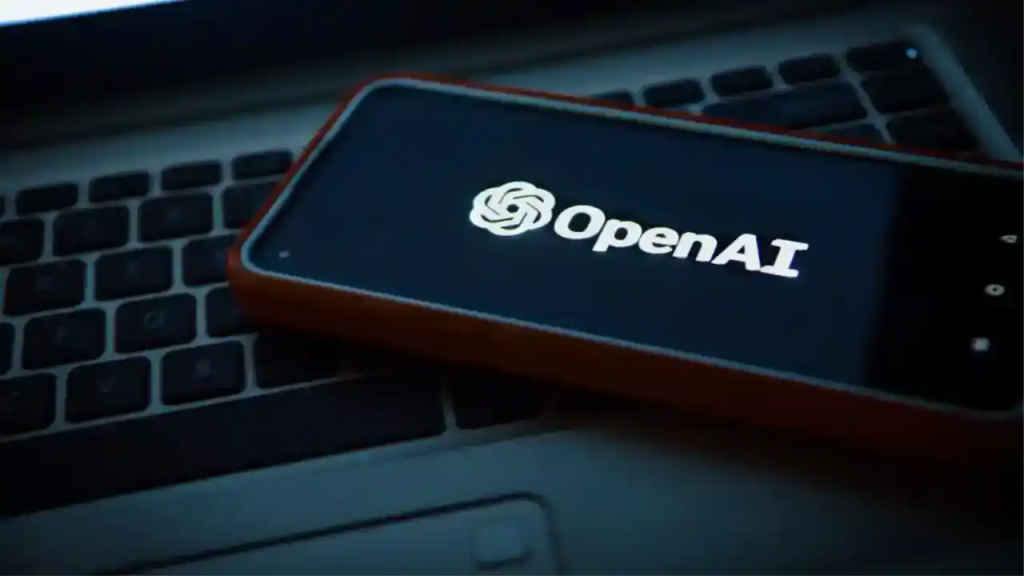

A group of current and former OpenAI employees published an open letter expressing concerns about the rapid advancement of the artificial intelligence industry, highlighting the lack of oversight and the absence of whistleblower protections for those who want to raise issues.
Let’s take a look at the details.
Also read: OpenAI launches ChatGPT Edu for universities: Discover its features

“AI companies have strong financial incentives to avoid effective oversight, and we do not believe bespoke structures of corporate governance are sufficient to change this,” the employees wrote in the open letter.
OpenAI, Google, Microsoft, Meta, and other companies are leading a generative AI arms race, with the market projected to exceed $1 trillion in revenue within a decade, reports CNBC. This surge is driven by businesses across various industries swiftly adopting AI-powered chatbots and agents to stay competitive and avoid falling behind their rivals.
The current and former employees highlighted that AI companies possess significant non-public information regarding the capabilities of their technology, the extent of safety measures implemented, and the varying risk levels associated with potential harm caused by the technology.
“We also understand the serious risks posed by these technologies,” they wrote. They also mentioned that the companies “currently have only weak obligations to share some of this information with governments, and none with civil society. We do not think they can all be relied upon to share it voluntarily.”
The letter also outlines the concerns of current and former employees regarding the inadequate whistleblower protections within the AI industry. They emphasised that without robust government oversight, employees find themselves in a relatively unique position to hold companies accountable.
“Broad confidentiality agreements block us from voicing our concerns, except to the very companies that may be failing to address these issues,” the signatories wrote. “Ordinary whistleblower protections are insufficient because they focus on illegal activity, whereas many of the risks we are concerned about are not yet regulated.”
The letter also requests that AI companies to make several commitments, including refraining from entering or enforcing non-disparagement agreements, establishing anonymous channels for current and former employees to raise concerns with the company’s board, regulators and other relevant parties, to foster a culture that encourages open criticism, and to not to retaliate against employees who resort to public whistleblowing if internal reporting processes prove ineffective.
The letter was signed by four anonymous OpenAI employees and seven former ones, including Daniel Kokotajlo, Jacob Hilton, William Saunders, Carroll Wainwright, and Daniel Ziegler. Notable signatories also included Ramana Kumar, who previously worked at Google DeepMind, and Neel Nanda, currently employed at Google DeepMind and formerly at Anthropic. Additionally, three renowned computer scientists known for their contributions to the advancement of artificial intelligence, Geoffrey Hinton, Yoshua Bengio, and Stuart Russell, endorsed the letter.